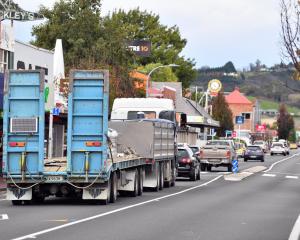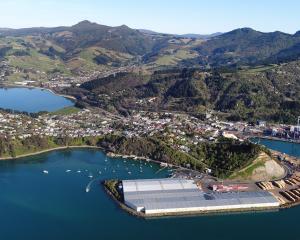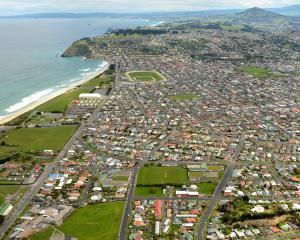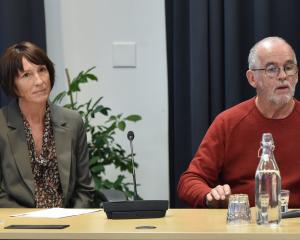The cost of renewing consents to discharge Dunedin's stormwater into the sea is mounting, and the bill is expected to reach at least $250,000.
The Dunedin City Council has applied to the Otago Regional Council to renew the resource consents and a hearing is tentatively scheduled for mid-April.
The city council is seeking 35-year consents to change its contaminant monitoring regime and merge the 10 existing consents into four, covering the discharge points at Andersons Bay, St Clair, Port Chalmers and around the Otago Harbour basin.
The city council's current consent for discharges was issued as a five-year short-term consent to enable it to come up with a strategy that would address issues with the system's capability and age that were making it unable to handle some run-off.
The council has since developed catchment management plans across the city and has a new approach to managing stormwater that aims to ensure no further degradation of the receiving environments.
The approach focuses on resolving sewage stormwater cross-connections, reducing contaminant load in stormwater using source control where practical or otherwise effective treatment, and giving priority to investment in that based on what the community is willing to pay and sacrifice as a result.
City council water and waste services manager Dr Laura McElhone said the cost of the work directly associated with the consent application included $123,000 for consultants and fees, $27,000 for legal costs to prepare and lodge the consent; $40,000 for the ORC's costs for the hearing (including the cost of independent commissioners, which the city council requested); $35,000 for the city council's hearing costs, including the consultants and legal costs; and $25,000 for revisions to the application based on submissions and post-lodgement discussions with the ORC.
The cost did not include the cost of developing the catchment management plans.
The application was lodged in May last year. Seven submissions were received. Most were concerned about adequate monitoring of contaminants and that the 35-year period was too long.
The costs included expenditure so far and estimated costs for the hearing, and should not rise further unless the city council opted to appeal the decision, Dr McElhone said.












